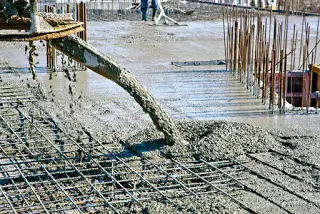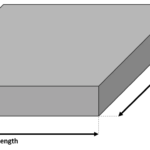Are you looking for 1:4:8 concrete calculator or lean concrete calculator? If yes, you’ve just arrived at the right place:
This M7.5 concrete Calculator is used to implement a form with three input fields (for length, width, and height). The form allows the user to enter values for the length, width, and height of a concrete element that has a mix design properties of 1:4:8. The input fields are implemented as range sliders. As the user adjusts the sliders, the corresponding values are displayed below the sliders in real time.
When you’ll change the values, the values that they have entered are used to perform a calculation for 1:2:4 or 25 MPa concrete mix and display the result. The code also includes some styling information for the form elements, as well as a tool tip that is displayed when the user hovers over the label for the height input field.











